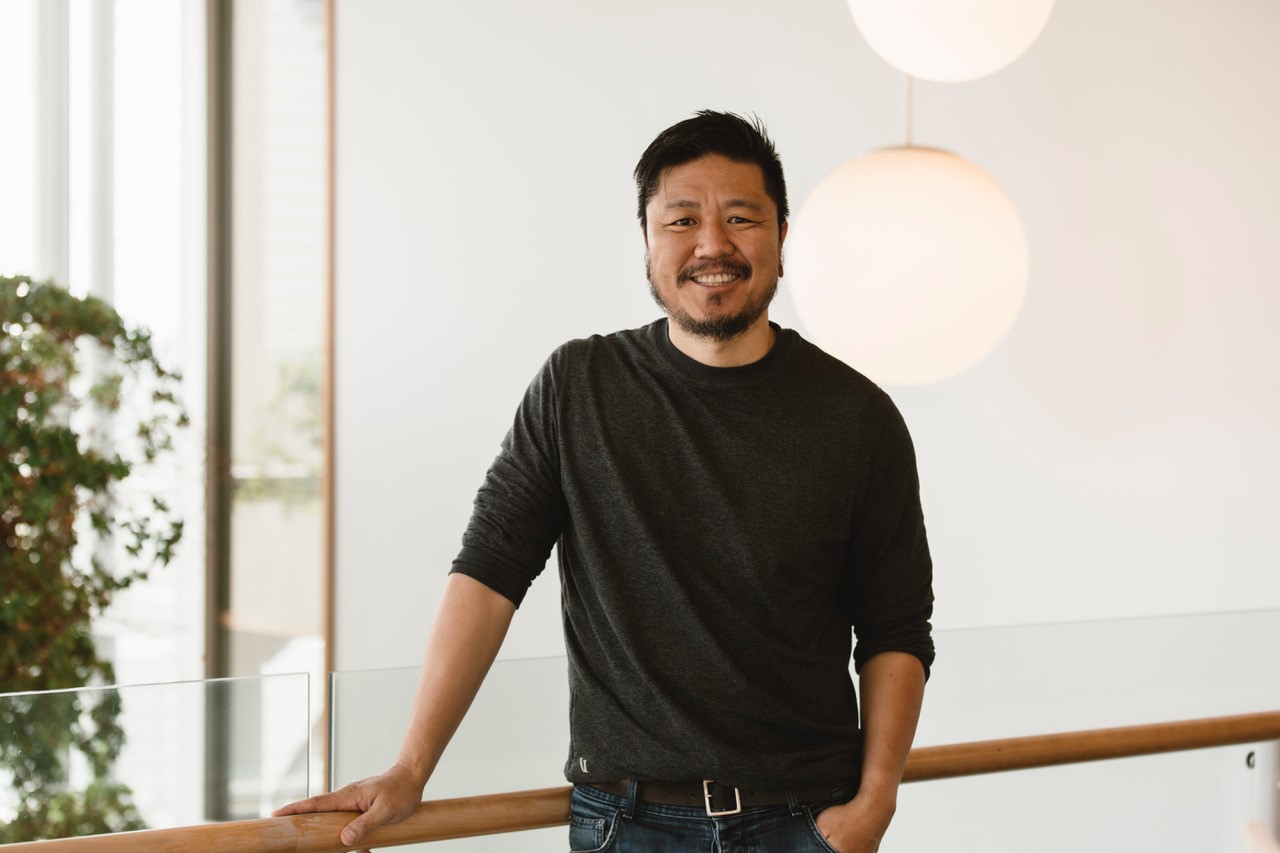October 18, 2022
Earlier this month, we sat down with Warren Chan, director of the Institute of Biomedical Engineering and Canada Research Chair in Nanobioengineering, to get to know him and his research. Warren is also a principal investigator at the Donnelly Centre for Cellular and Biomolecular Research and a member of the steering committee for the Emerging and Pandemic Infections Consortium (EPIC).
Can you describe your research?
My work is focused on developing nanotechnology for diagnosing and treating cancer and infectious diseases. In infectious diseases, we’re working to develop a simple point-of-care test for detecting infectious pathogens in less than an hour. The detection device could then relay that information on a cell phone to public health labs for tracking infections locally and globally.
How did you become interested in applying your bioengineering work to infectious diseases?
When I was in graduate school, PCR techniques were starting to be implemented in clinics but we thought the PCR approach was bulky for the general masses. As an engineer, you always try to figure out ways to make things simpler so we started engineer a diagnostic device to address the bulkiness and utility issue. Cell phones were starting to become pretty popular around the 1990s so we asked, can you use a cell phone to track infectious pathogens? When I moved to Toronto to start my own lab in 2002, the first SARS outbreak was happening, and you start to see how important it is to be able to diagnose infectious pathogens. Finally, I also drew inspiration from my upbringing. I was born in a small village in China. I remember hearing stories from my mom about not knowing what we were sick with and having to take the bus for two hours to the big city to get tests and drugs. The reality is that most people in the world live in smaller, more rural areas so that became a driving force in my work to develop easy-to-use, point-of-care diagnostic tests.
What are some challenges you face in your work?
The first is to identify the infectious disease problem. For example, with diagnostics, it’s not as simple as just wanting to improve them. Having devices that are too sensitive or not sensitive enough could be problematic. We needed to work with clinicians to identify the clinically relevant concentration for detection. The second is that, as an engineer, one does not know the pathogens that are emerging or re-emerging in the world. That’s where multidisciplinary collaborations become extremely useful because the clinician can fill in this information quickly to guide the engineering of the device. The other challenge is to the amount time required to build the technologies properly. It takes time to optimize every component but once it’s optimized, it becomes a plug and play system for different pathogens. Such a device would be useful if new pathogens emerge.
What excites you the most about EPIC?
First and foremost, the members of EPIC. Infectious diseases are very complicated and require a multidisciplinary approach to tackle them. I think EPIC’s members are the best of the best in the world. They are addressing infectious diseases from very different angles. You have people who are studying the molecular causes of disease, frontline clinicians who are treating patients and engineers and chemists who are providing the technological solutions. Having everybody in a single place makes a huge difference. The second thing is the infrastructure. One of the challenges we face right now is not being to do some experiments because we’re a biosafety level one/two lab. Some of the questions we want to work on has to be done in a level two or three facility so having an expanded high containment facility will remove limits.
Are you involved in any other initiatives or projects right now that you’re really excited about?
Half of my lab works on cancer, specifically on drug delivery to tumours. In the last 5 to 10 years, there’s been a lot of advances in genome editing, immunotherapy and other new therapeutics. The problem is that people can’t deliver enough of the therapy to the target site. My lab has been trying to understand that process so that we can rationally design a delivery system that would get more of the drug to the tumour.
What advice would you give to young people who are interested in this area of research?
A lot of high school students and early undergraduates get drawn in by the sexiness of technology but it takes time to develop them. My recommendation is to focus on learning the basics – biology, chemistry, physics, basic principles of engineering, etc… Spend one or two years or even your entire undergraduate education learning how to design things and getting really good at that. Then go to graduate school and use that skill set, as graduate school tend to focus more problem solving and develop solutions to those problems. I think it’s also important that students learn how to think and do things on their own. If you see a topic that you’re interested in, go and pursue it. Look it up, learn about it and be a self-starter.
What are you reading right now?
I’m spending lots of time reading about the Russia-Ukraine crisis and trying to understand the historical context to why this is happening. I’ve also been reading a lot about how to make things more efficient in managing your life. One tip I found really useful is that for every single day, only do three or four things. Don’t try to do 100 things. Write a list of things and then just go and do it.


